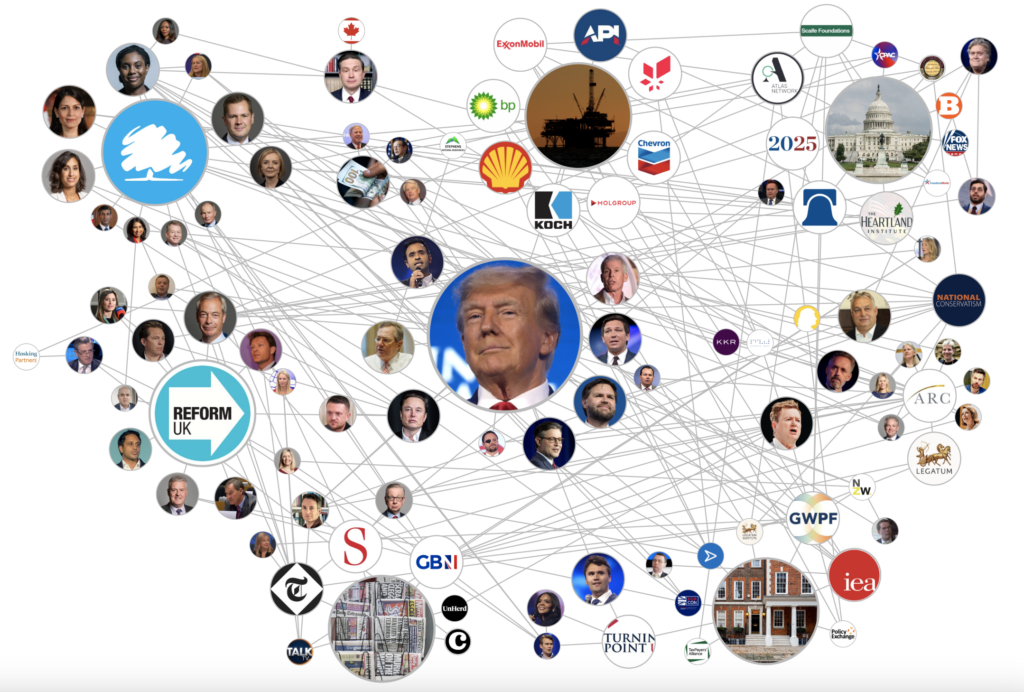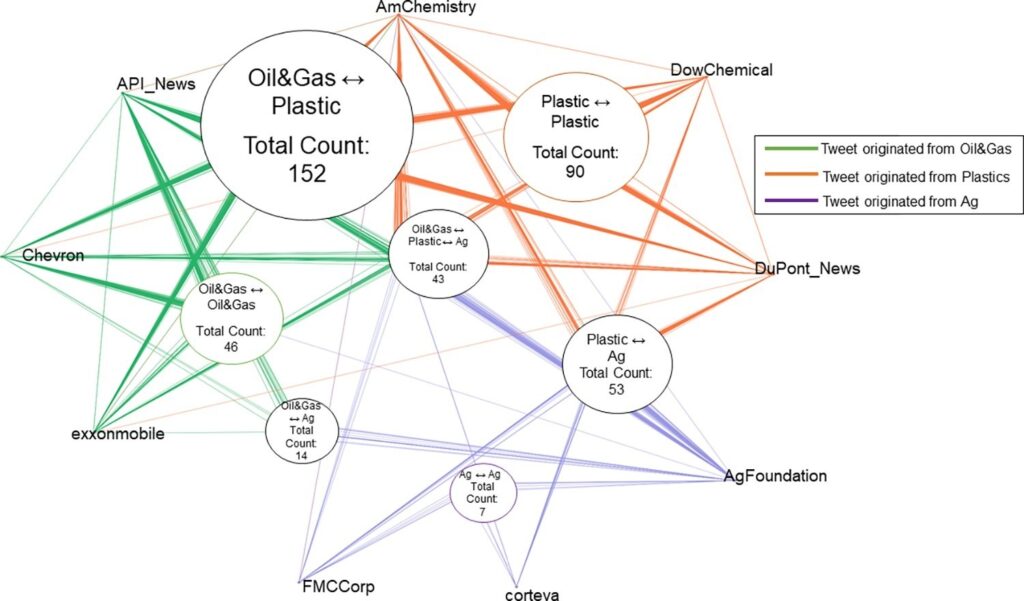While the U.S. federal government might be dragging its feet about climate change, corporations operating in the U.S. fully understand the physical and financial threats posed by extreme climate shifts. According to a new report by The Carbon Disclosure Project, members of the S&P 500 are making great progress in both their acknowledgment of climate change, and in their actions to reduce their own carbon footprints.
The study measured several different markers for corporations, including their willingness to fully disclose their less-than-friendly environmental practices. Overall, the study shows remarkable progress from previous years’ studies.
Here is what they found:
The average disclosure score of the S&P 500 increased by 13% to 70 and the disclosure score required to gain entry to the Carbon Disclosure Leadership Index (CDLI) increased by 11% to 92.
52% (177) of respondents reported emissions reduction activities versus 35% (117) in 2011.
Assurance or verification of emissions data nearly doubled, reaching 42% (142) in 2012 versus 22% (75) in 2011, signaling that S&P 500 companies are taking transparency more seriously and improving the reliability of their data.
92% (311) of the 2012 S&P 500 respondents reported board or executive-level oversight compared to 86% (292) in 2011.
Climate change has been further integrated into enterprise risk management (83% (281) in 2012 versus 75% (254) in 2011) and overall business strategy (73% (247) in 2012 versus 65% (219) in 2011).
74% (251) of the 2012 S&P 500 respondents identified climate change opportunities that had the potential to generate a substantive change in business operations, revenue and expenditures, versus 69% (234) in 2011.
25% (83) of respondents disclosed GHG information in their Annual Reports up from 18% (61) in 2011.
Among the companies that saw dramatic increases in their disclosures were Coca-Cola, Johnson & Johnson, AT&T, Sprint, Hewlett-Packard, and Home Depot. 82% of companies listed as “leaders” in the report, as well as others listed in the S&P 500, managed to reduce their overall emissions, and the same 82% were also ahead of or right at current reduction targets.
Numbers and statistics aside, the report ultimately shows us that corporations are beginning to understand what is at risk from unmitigated climate change. More than 80% of the companies in the S&P 500 have now begun to factor climate change into their risk assessments, a significant increase from just one year ago.
And the companies are seeing benefits from these activities as well, as the report tells us:
A key driver for the increase in reported reductions is that companies improving their resource productivity are realizing lower costs (e.g., operational, energy) and greater operational efficiency (e.g., increased capacity with same inputs) over their competitors. The 2012 responses indicated that the S&P 500 have an increasing desire to reduce costs and GHG emissions while increasing production capacity.
As well as an increase in the number of emissions reductions reported, companies reported an increase in the number of energy reduction activities from the prior year with payback periods in the one to three-year range.
Furthermore, 74% of the companies in the survey said that acting to counter climate change was providing them with numerous opportunities to innovate and move their companies forward.
The companies listed in the report come from all sides of the political arena. Most give generously to both Democrats and Republicans, which means that these emission reductions and goals are not being motivated by politics.
Instead, companies understand that if they want to survive (quite literally) they have to have a stable planet to do business on. If they allow their polluting activities to continue unabated, they are signing their own death certificates.
On the other hand, when they take the initiative to reduce their own carbon footprints and make advancements in renewables and clean technology, they see not only financial benefits, but health benefits for their companies and the globe.
Subscribe to our newsletter
Stay up to date with DeSmog news and alerts







